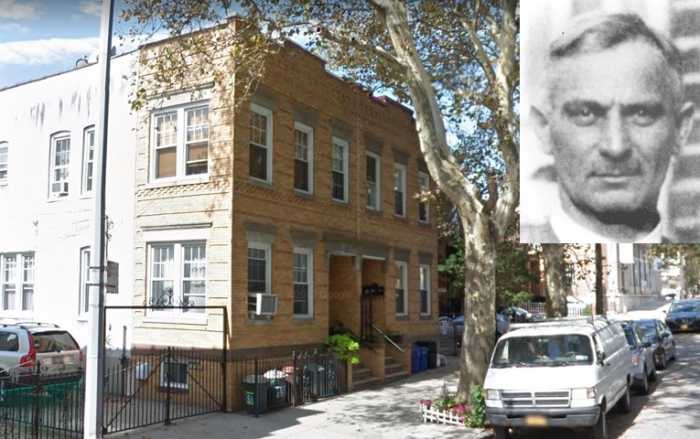The new Cornell Tech campus, which city officials hope will generate new jobs in the tech sector, officially opened on Roosevelt Island on Tuesday.
Mayor Bill de Blasio, former Mayor Michael Bloomberg and Governor Andrew Cuomo were at the grand opening ceremony to support the applied sciences campus, which will span 12 acres on Roosevelt Island and house 2,000 graduate students and hundreds of faculty and staff.
Cornell Tech was named the winner of Bloomberg’s 2011 Applied Sciences Competition beating out 17 other schools. The campus was previously located in Google’s Chelsea location. The graduate school offers degrees in computer science, law, business, electrical engineering, operations research, connective media and health tech.
“With the opening of Cornell Tech, Cornell University, in partnership with the Technion, is defining a new model for graduate education — a model that melds cutting-edge research and education with entrepreneurship and real world application,” said Cornell University President Martha E. Pollack. “Today marks the beginning of a new era of opportunity not only for Cornell and the tech campus, but also for New York City, the state and the world.”
The first phase of the campus that opened on Tuesday includes the The Emma and Georgina Bloomberg Center, which Bloomberg donated $100 million to build. Morphosis Architects designed the academic building that features private work spaces and open floor plans that are found in many technology companies.
It was also built with energy-efficiency in mind and aims to be one of the largest net-zero energy buildings in the United States.
“Cornell Tech is an investment in the future of New York City — a future that belongs to the generations to come, and the students here will help build it,” Bloomberg said in a statement. “The companies and innovations spawned by Cornell Tech graduates will generate jobs for people across the economic spectrum and help our city compete with tech centers around the world, from Silicon Valley to Seoul.”
The House, a residential building for faculty and students that was also a part of the first phase of construction, was designed by Handel Architects and is the tallest and largest residential Passive House high-rise in the world. An international building standard, Passive House buildings consume 86 percent less energy for heating and 46 percent less energy for cooling.
“I am proud to welcome our newest leading educational institution, which will become a tremendous catalyst for our tech sector,” De Blasio said. “We won’t stop here. Through Computer Science for All, the Tech Talent Pipeline and the new Union Square Tech Hub, we are building on the progress Mayor Bloomberg set in motion, and helping more New Yorkers become a part of this extraordinary success story.”
Graduate students will have a chance to mingle with companies at The Bridge, a building that will house classrooms and companies such as tech and investment firm Two Sigma, Citigroup and Ferrero International S.A., one of the world’s largest manufacturers of chocolates.
Still in the works are the Verizon Executive Education Center and Graduate Roosevelt Island Hotel, which will host academic conferences,workshops and executive programs. They are slated to be complete by 2019 and the full 12-acre campus will be fully completed “in the next few decades.”
The city estimates the campus will generate up to 8,000 permanent jobs and spin-off companies and $23 billion in economic activity over 35 years.
Councilman Jimmy Van Bramer, who represents Long Island City and parts of Astoria, said the neighborhoods will be a natural fit for graduate students who want to open companies in the area.
“Just one stop on the F train to Western Queens, the proximity of the new campus and tech incubator to Western Queens will be beneficial for the people of my district and for the students of Cornell Tech looking to start new businesses,” he said. “With unmatched resources for small businesses, including a diverse and talented workforce, Long Island City will be a natural place for new tech businesses to call home, develop breakthroughs and create jobs.”




































